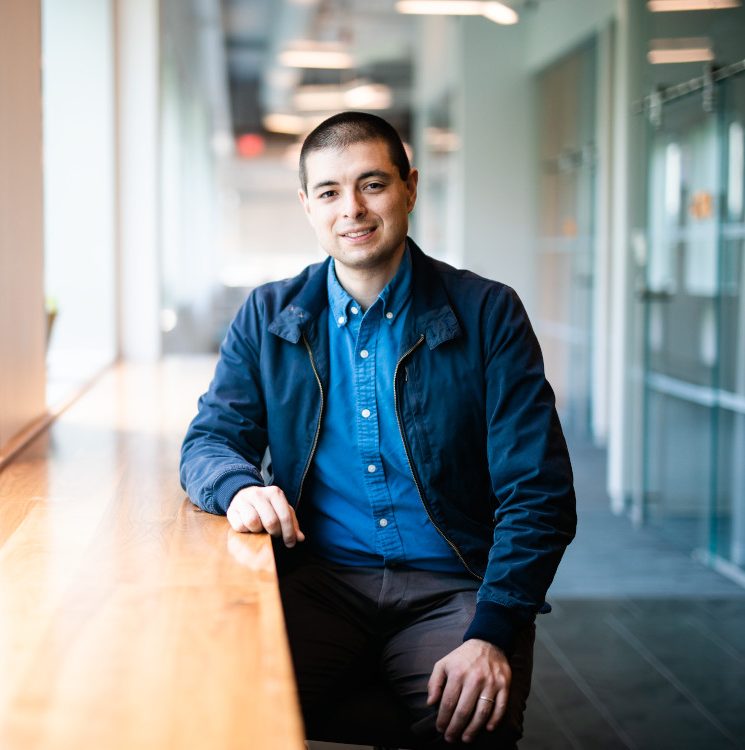
Artificial intelligence (AI) has become a widespread tool in hiring processes — and New York City’s Local Law 144, passed in 2021, is the world’s first hiring algorithm transparency law trying to address concerns about bias and discrimination introduced by the system. This case study is at the center of a large community-engaged learning project run by J. Nathan Matias, assistant professor in the Department of Communication in the College of Agriculture and Life Sciences and this year’s recipient of the George D. Levy Engaged Teaching and Research Award.
Building Research Agendas and Graduate Student Advising around Engaged Research
Nathan Matias leads the Citizens and Technology (CAT) Lab at Cornell, which currently has 13 active community-engaged research projects with communities through Wikipedia, Reddit, Twitter and Consumer Reports. The lab has also recently concluded two research design workshops to build further networks of potential partnerships in the US and internationally.
Overall, these studies examine long-standing questions about human psychology and behavior in large-scale online environments shaped by algorithms.
Consider the following example: in many online discussion groups, artificial intelligence systems govern speech, removing thousands of policy-violating messages a week. In an upcoming study co-designed with a community that has hundreds of thousands of subscribers, the CAT Lab will test the effects of these automated policy enforcement systems on social norms and behavior change. The resulting research will be useful to communities and also advance scientific understanding of online behavior.
In J. Nathan Matias’s cross-disciplinary Designing Field Experiments at Scale course, teams of three to five undergraduate students work with community partners to design and conduct a field experiment that tests a question in the social sciences or computer science. Before the class, Matias negotiates opportunities that could deliver pragmatic value to partners and also yield publishable scientific knowledge.
As a Faculty Fellow, Matias is redesigning the course to make it more relevant to Cornell students and developing the networks he needs to create a course that productively fits into Cornell’s learning structures. He is also exploring effective ways to evaluate the course.


